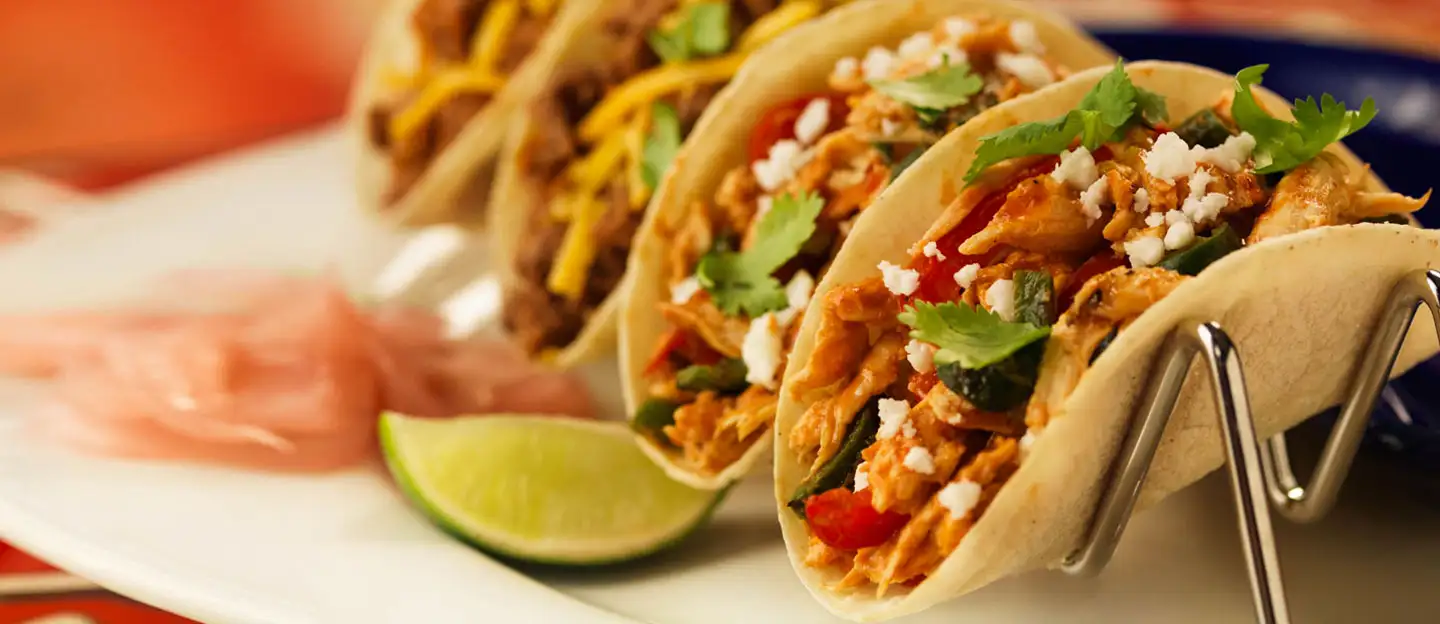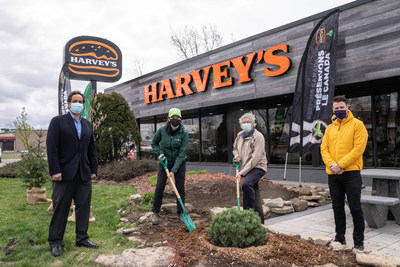
Today, we bring you a delivery of small news mainly related to the environment, this subject so important for the future of our planet. As everyone knows, companies have their part to do in this challenge, just like us. Here's how a chain of burger restaurants plans to tackle it and we'll also uncover some little secrets about compostable containers ...
Trees
First, the Harvey’s chain, in partnership with Tree Canada, aims to plant 25,000 trees to help preserve the country, which will capture approximately 5,000 tonnes of CO2. From April 22 (Earth Day) to June 16, Harvey's, present in the country for more than 60 years, will reinvest part of the profits of each transaction made in its restaurants and via the DoorDash delivery service in the plantation of trees in Canada. Customers will also be able to make an additional donation to Tree Canada during their visit.
“Harvey's has made great strides in sustainability, and this national partnership enables us to deliver on our mandate of reducing our environmental impact,” said David Colebrook, President, Harvey's Canada. We are committed to building sustainable initiatives and are delighted to partner with Tree Canada. "
With this announcement, Harvey's is launching its most recent Continuing Sustainability Commitment initiative, having also made other efforts in recent years.
Among other things, Harvey's already offers paper straws and, today, 80% of all packaging in the chain contains recycled materials. As of last fall, a garden kit has now replaced the plastic toy given out with the purchase of a children's meal. In addition, the chain supports local agriculture by offering burgers made with 100% Canadian beef, while applying sustainable sourcing practices.
To celebrate this new partnership, Harvey's and Arbres Canada will plant a tree on the grounds of a Harvey's restaurant in Saint-Jérôme, Quebec, on Earth Day on April 22.
Containers
Also, since we were talking about containers made from recycled or compostable materials a few lines above, a new study reveals that these initiatives are in fact a false good idea.
Why? Quite simply because the sorting centers are not in a position, for the moment of the month, to process this waste.
This is what Éco Entreprises Québec recently unveiled as the organization tried to prove the relevance of the use of compostable and biodegradable containers during this time of health crisis. Since March 2020, the number of takeout and delivery orders has increased exponentially, as has the distribution of disposable packaging.
“Compostable and biodegradable plastic packaging is very difficult to differentiate from other plastics when sorting by citizens and in industrial composting facilities, especially since these new materials often do not degrade quickly or completely enough”, underlines Marie-Hélène Gravel, project manager at SOLINOV and co-author of the report, in a press release.
The solution? Opt for cardboard or a reusable container with a deposit system.
Do you think your local restaurant will adopt this option soon in order to save the planet?







